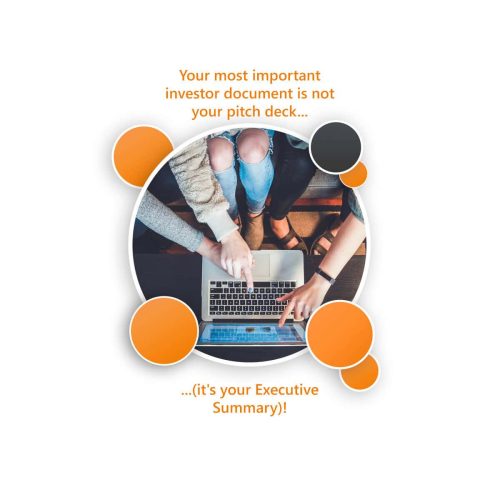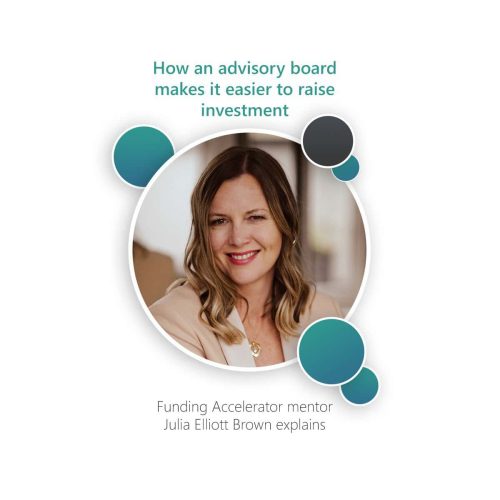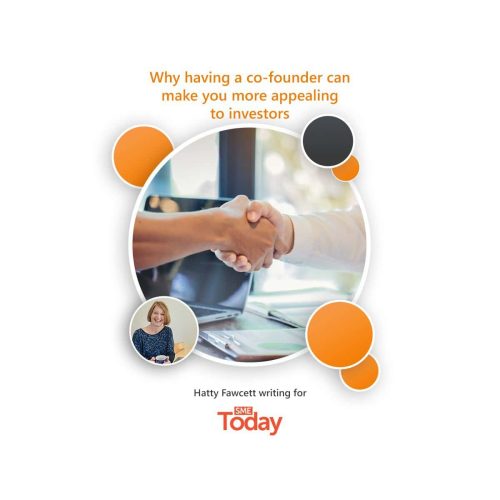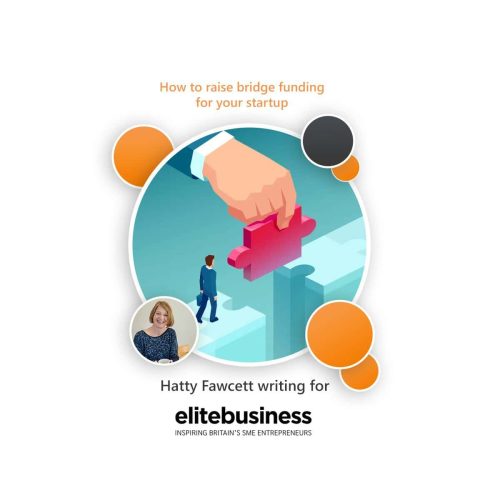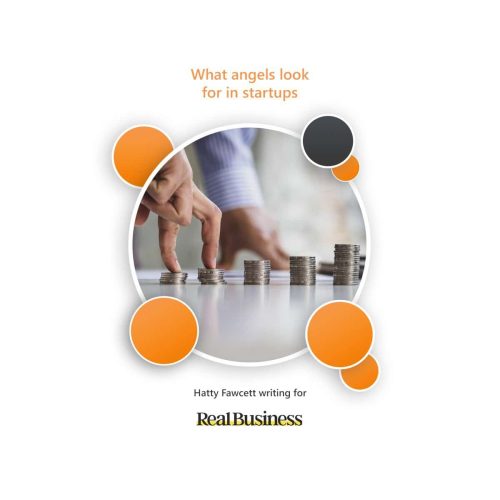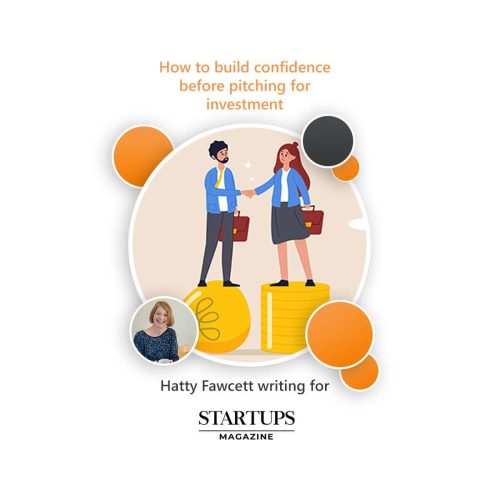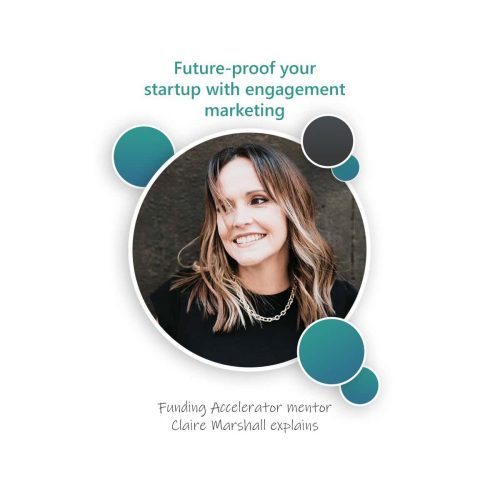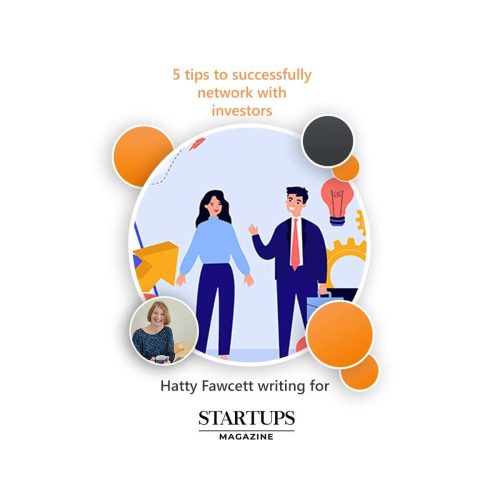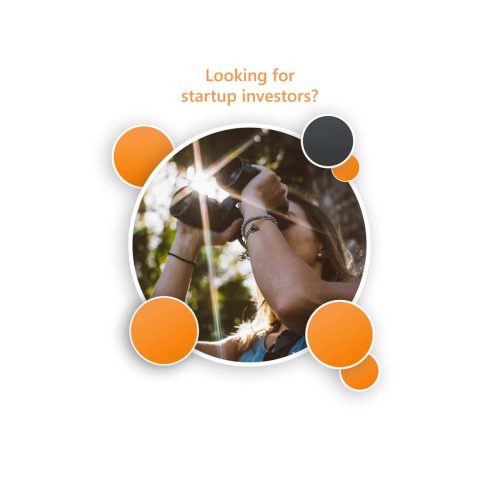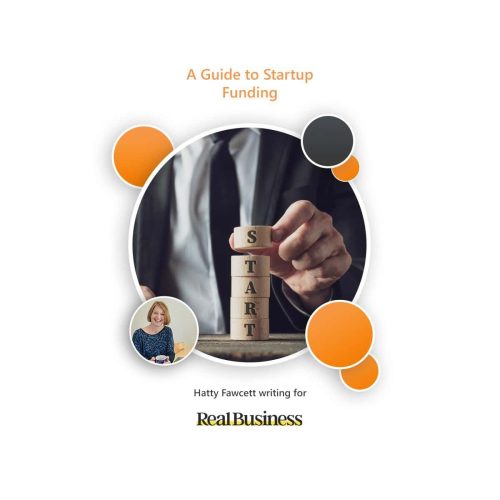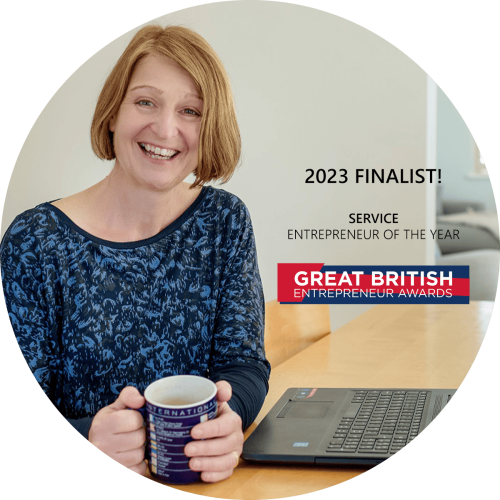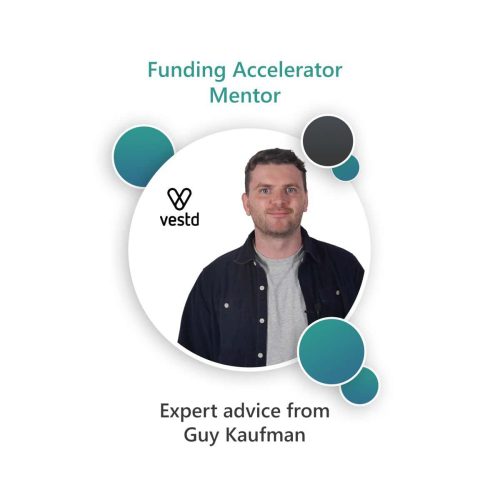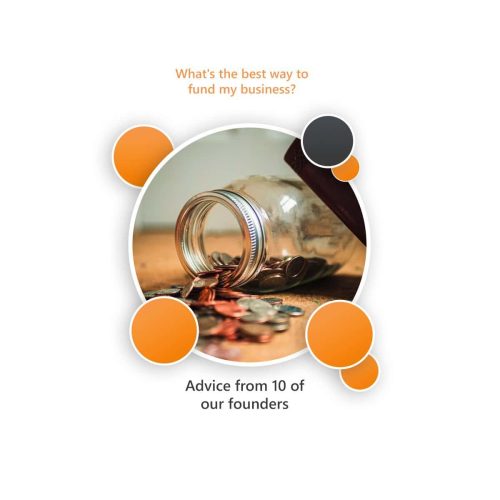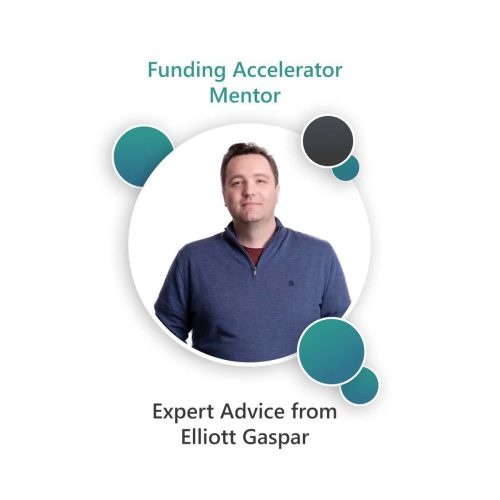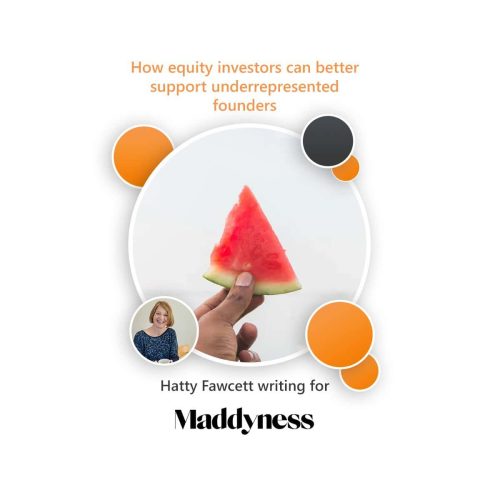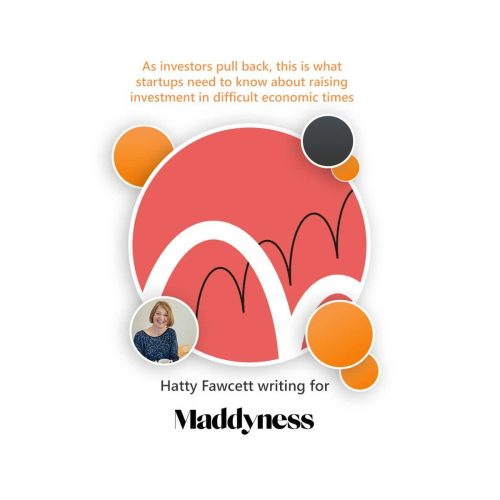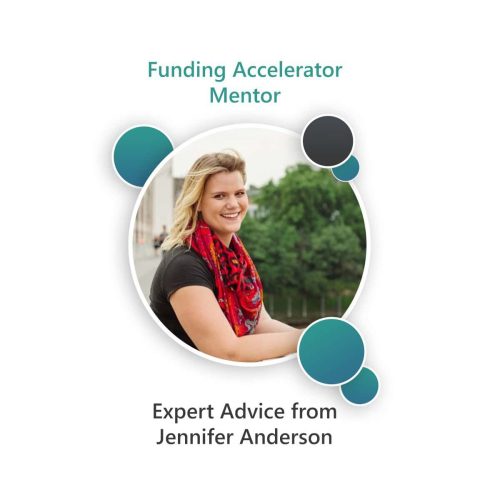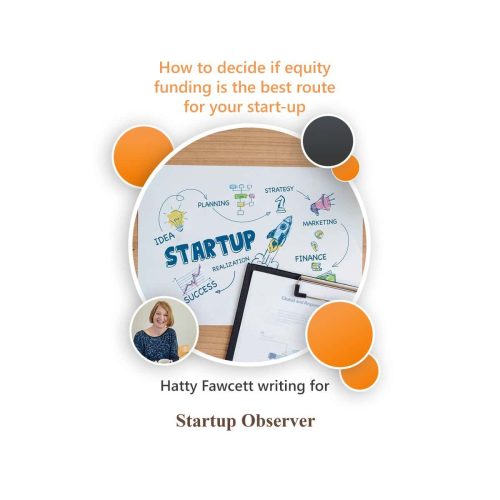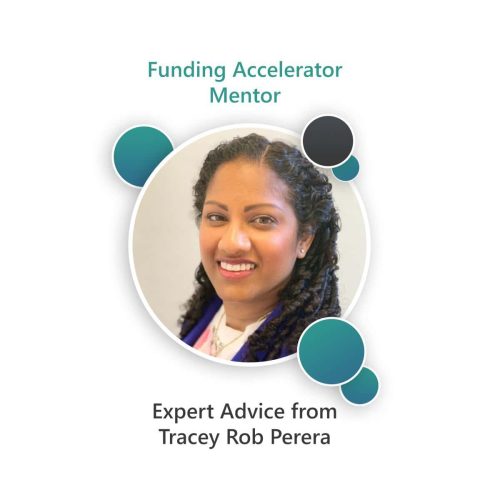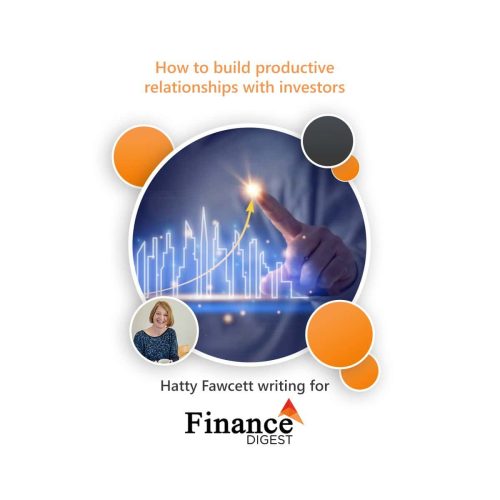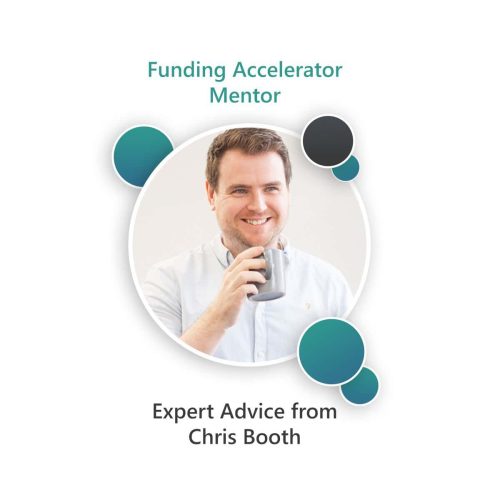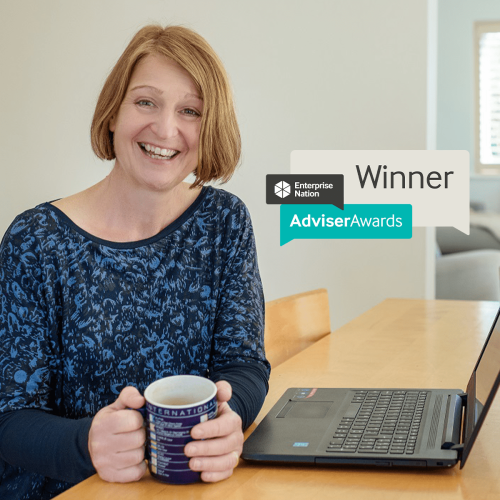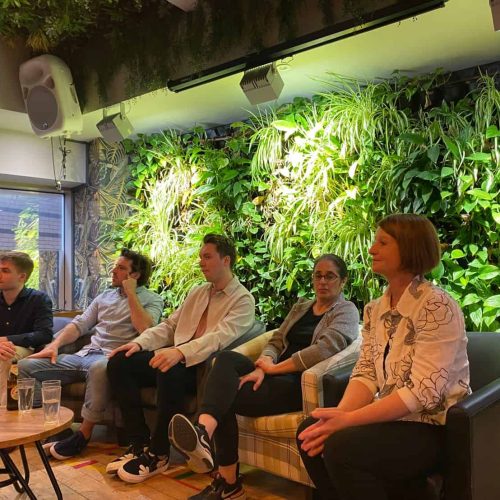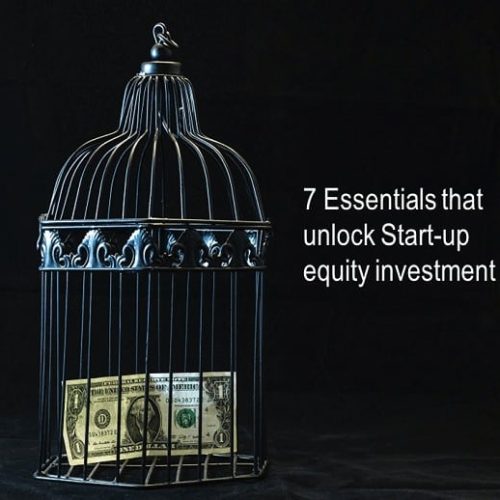You’ve got a great start-up, the businesses is getting traction or – better still – its showing strong growth but you need to find investors to make the most of the opportunity. You’ve written the business plan, you’ve perfected the financial forecast and you are ready to pitch but who are you going to pitch too? Where are you going to find investors and “business angels” to back your investment opportunity? It’s a question almost every founder and entrepreneur will have asked themselves at some stage.
I interviewed three founders who have either recently raised investment or who are currently raising investment for their advice and tips. Jason Kirk of Kirk and Kirk, Dominic Wong of BoRo Experiences and Shon Alam of Bidweg were generous in sharing their thoughts.
Finding investors is a numbers game
When I was raising investment for my own start-up (Seek & Adore), I remember the best piece of advice I was given was “you have to kiss a lot of frogs before you find your prince (or princess)”. This phrase stuck in my mind as I fixed meetings, grabbed a quick cup of coffee or attended pitch meetings with investors. It certainly helps if you enjoy meeting people and it can sometimes help to think of it as a game – “how many new potential investors did I meet this week?”.
Start with people who know you
All three founders agree that the best place to find investors is to start with people you know.
Shon Alam of BidWeg whose crowdfunding campaign for the community-based currency exchange will launch imminently is clear that it is worth talking to almost everyone you know
“The personal route is very much the first route. People that you know will often give you time and even if they do not invest, you are using the time to get your message in the correct order so others can understand it.”
Jason Kirk of Kirk and Kirk who raised £150,000 for his eyewear design company was a bit more selective in his approach
“We approached people who knew our history and background and had previously expressed an interest in our company.”
Whilst for Dominic Wong of BoRo Experiences who raised £100,000 for his eco-tourism business, an informal meeting with a former colleague he knew well bore unexpected results
“Finding an investor was pure luck. I arranged a meeting with a contact who I have an existing, long-term relationship with. I went into the meeting hoping he would be my mentor, and he believed in the business idea so much he offered the money to me. I was overwhelmed and flabbergasted with the way the meeting turned out!”
Relationships matter
Whilst you will talk to many people whilst raising investment, for those conversations to result in investment they need to be anything but superficial. You wouldn’t ask someone to marry you on the first date. Generally, you want to get to know someone, find out what you have in common – and what you don’t – and reach a point where you trust and respect each other before making any lasting commitment. So it is with investors.
Dominic expanded on where the “luck” of finding his investor, seemingly by chance, came from
“I truly believe in long-term relationships. In fact my mentor once told me that the Hindu way of doing things is people first, business second. In other words develop deep relationships and business will sprout from it. It is about being constantly genuine over a long period to gain trust, which in turn makes people know you deeper than what’s on the outside.”
Be open to feedback – and benefit from others experience and knowledge
True relationships are two-sided. You have to give and receive – another useful premise to have in mind as you start finding investors.
Dominic used this as one of his goals when speaking to investors and sought feedback on his business when talking to investors
“Bounce ideas and thoughts off other people. It is really isolating and lonely when you are working on your [business] idea on your own. I found it really useful to take sounding from other ‘can-do’ people to get different perspectives. This helped shape my ideas and crafted the words I used to explain my business”
Shon recognises this too
“People you know will often give you time and, even if they do not invest, you are using the time to get your message in the correct order so others can understand it.”
Jason felt that the best advice came from those he had been talking to for a while, those with whom he had built a strong relationship
“Those with whom we had a relationship of trust gave us honest, open feedback from a potential investment point of view.”
It was a result of asking for feedback that Jason found his investor
“Our investor came quite by chance. I had asked somebody well-placed in finance to read our investment proposal to advise us and he ended up asking to be involved.”
Contact potential investors in a way that is consistent with wanting to build a long term relationship
We’ve all been on the receiving end of “spam” – communications from people who know nothing about us, offering something that we’re not even sure we want to know about. How well do you react to such approaches? Investors feel the same.
Shon was rigorous in trying lots of different routes to find investors and he knows which he would use again
“If I was to do it again, I would be talking to more potential investors, rather than just connecting with them via LinkedIn.”
Jason agrees
“Personal contact by mail or phone is far more effective than blanket, impersonal approaches.”
I’ve written before about the importance of making a good first impression when finding investors, Jason went on to talk about this too. He stressed the importance of standing out – but also of keeping it brief
“We created attractive literature that reflected our brand and our intentions. This helped identify our company and its unique aspects in a sea of companies seeking finance. It is rare that a potential investor will have more than a cursory look at the headlines of your opportunity. Make it simple. If they are interested they will delve deeper.”
Closing a deal requires mutual trust and a fair exchange…
The aim of all your conversations with investors is to create a shared strategic vision, trust and mutual respect. Ideally this should be founded on a sense of equal worth, reciprocal value being offered by the founder and the investor – and yet so often people talk about an imbalance of power between investors and founders. The founders I interviewed certainly felt this.
Jason is very clear on this point
“Finding the right partners and striking the right balance in the relationship from the first meeting is imperative. You are bringing an opportunity and investors are bringing money/strategy so the relationship needs to be balanced or it will not work. Investors try to assume a position of strength from day one to strengthen their negotiation position.”
Shon too is clear that the objectives of both founder and investor need to align
“I set out wanting to put together a team that could give me clear advise as and when I needed it, without holding my hand. Therefore, the people I wanted to work with also had to understand the philosophy behind Bidweg project. That having been said, I also wanted them to have a vested interest – but it was not money at any cost!”
Dominic recognises that reaching a deal with investors is not just about the money
“It wasn’t just the money which would help me, but experience and knowledge in the field. Essentially, I was also identifying strategic and tactical options which would propel the business after the initial capital.”
…and a clear route to exciting financial return
Investors are not altruistic. They expect a commercial return in exchange for their investment. The founders I interviewed felt this was expressed in a range of ways
Jason was clear it boiled down to
““How much money am I going to make from this?” in various forms.”
Shon felt investors were focused on intellectual property (IP) as the basis of value
“Investors wanted to know what IP does it have – but not all opportunities can be protected through IP. It doesn’t mean it’s not a sound business”
Jason felt the best way to close the deal with an investor is to
“Ask the right questions [of investors] and LISTEN to the answers. People invest for all sorts of varied reasons and you need to understand the motivation of the person you are sitting opposite if you are to make your opportunity appeal to them.”
Tips for maintaining your motivation
Raising investment is time-consuming and it can – at times – be soul-destroying. All three founders recognised the need to manage your motivation and energy levels so that you stay positive throughout the process.
Dominic stressed the need to look for positives in every meeting – even if it doesn’t result in an investment
“Hear the positivity in their voice or see their smile when they ‘get it’.”
Jason emphasised the need for focus
“Try to pick and choose where you direct your energies. Make it genuine prospects or people from whom you can learn. Seeking independent help to find finance can be very useful, especially if you are a small business with limited resources.”
And Shon urged resilience
“When you get rejected – and remember investors will find hundreds of reasons to reject – do not take it personally. Move on – if your business is investable someone will invest.”
***********
Is your Startup ready for investment?
Take the Startup Investment Scorecard to discover if your Startup is ready for investment. Start here

